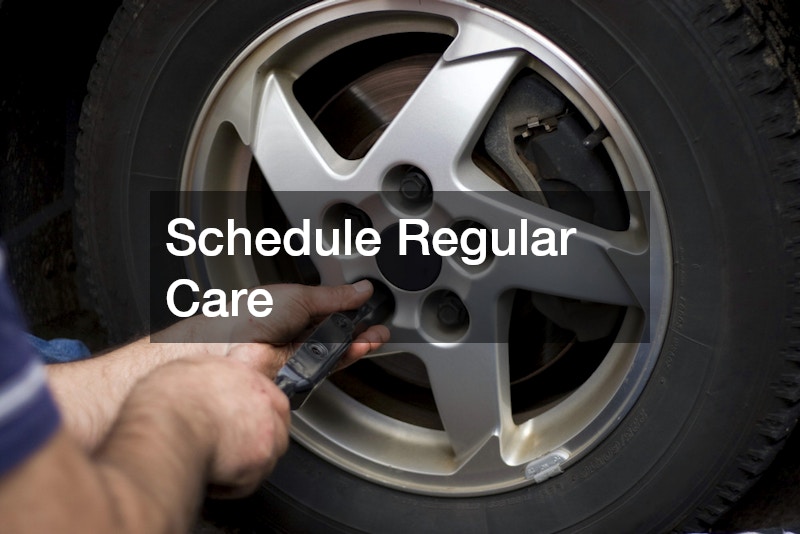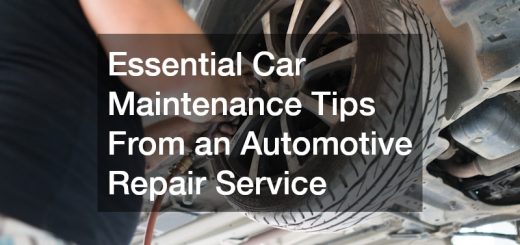From Storage to Roadside Help How to Maintain a Healthy Car

Owning a car is a long-term commitment that goes beyond simply filling the tank and taking it for the occasional drive. A vehicle requires consistent care and smart planning to remain reliable and efficient. Many Australians depend on their cars not only for commuting but also for family outings, road trips and daily errands. Neglecting even small maintenance tasks can lead to costly issues down the line, and in some cases, it may even compromise safety on the road. A healthy car doesn’t just perform better, it gives drivers peace of mind and keeps value in their investment.
When it comes to looking after a vehicle, there are several aspects that go beyond mechanical checks. Protection from the elements, regular servicing and planning for unexpected situations all play a role in keeping a car in top condition. While some of these tasks may seem minor, they build a strong foundation for long-term vehicle health. By focusing on proper storage, routine upkeep and roadside support, car owners can ensure they are ready for any situation. This article explores practical ways to safeguard your car and keep it running smoothly for years to come.
Protect Your Vehicle

One of the first steps in looking after your car is making sure it has proper shelter. Prolonged exposure to harsh sun, rain and hail can affect both the paintwork and interior of a vehicle. Dust and debris can also accumulate more quickly when a car is left uncovered, leading to unnecessary wear. By ensuring your vehicle is stored correctly, you help preserve its appearance and prevent environmental factors from shortening its lifespan. A healthy car starts with a safe place to rest when it’s not on the road.
For many households, garages aren’t always available or may be filled with storage. This is where custom carports come in handy, offering a practical solution that shields vehicles from the elements while still providing easy access. These structures can be tailored to suit the available space and can be designed to complement the look of the home. By investing in a dedicated cover, you reduce the risk of damage and give your car the protection it deserves.
Schedule Regular Care

Maintaining a car doesn’t stop at storage — regular servicing is essential for safety and performance. Routine checks allow mechanics to identify issues before they turn into major problems. Simple tasks like oil changes, brake inspections and tyre rotations may seem small, but they add up to improved reliability and longer engine life. Sticking to a consistent service schedule not only reduces the risk of breakdowns but also supports better fuel efficiency. A healthy car is one that is maintained proactively, not reactively.
When it comes to larger vehicles, such as utes or family transporters, finding a reliable truck service ensures these essential machines remain in working order. Skilled technicians have the equipment and knowledge to handle heavier loads and more complex systems, keeping drivers confident on long trips and busy roads. Whether it’s checking suspension components or updating logbook records, staying on top of regular maintenance makes driving safer and extends the life of the vehicle.
Plan for Emergencies

Even with proper care and preparation, unexpected situations can occur on the road. Flat tyres, mechanical failures or accidents can leave drivers stranded and stressed. Having an emergency plan in place can make all the difference, especially when travelling in remote areas or during unfavourable weather. Keeping items such as a spare tyre, jumper leads and a basic tool kit in the boot can save time and reduce inconvenience. Preparedness is a core part of maintaining a vehicle, as it ensures you’re never completely caught off guard.
In cases where roadside fixes aren’t possible, having access to a tow truck provides essential peace of mind. Whether it’s through roadside assistance membership or keeping the contact details of a local operator handy, knowing help is available offers reassurance during difficult times. A quick response means less waiting on the side of the road and a faster path to getting the car repaired. Building this kind of safety net is a smart way to stay in control, even when challenges arise unexpectedly.
Keeping a vehicle in good condition requires a balance of protection, maintenance and preparation. By storing your car safely, you prevent environmental damage and extend its life. Sticking to regular servicing routines ensures all parts are working as they should and avoids costly breakdowns. Preparing for emergencies with basic supplies and a plan for roadside support helps you stay confident behind the wheel. Together, these steps build a strong foundation for car care and allow you to enjoy the benefits of a reliable, efficient and healthy vehicle for many years to come.


